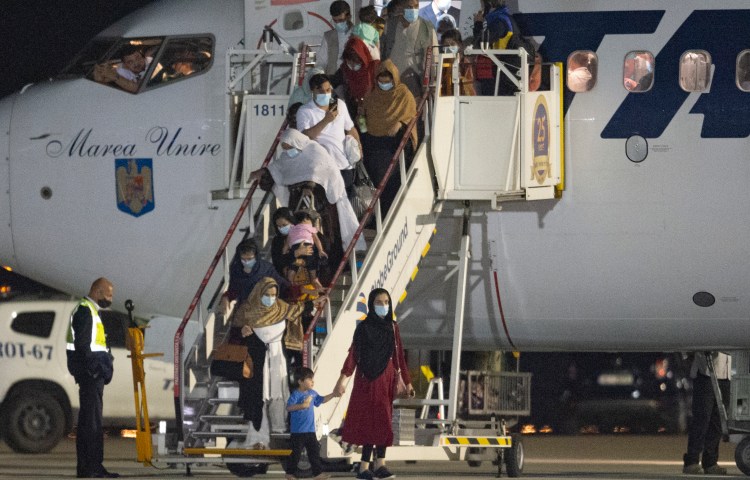
‘A lot of uncertainty and a lot of fear’: CPJ’s María Salazar Ferro on evacuating Afghan journalists
In Afghanistan, the situation is worsening for local journalists as Taliban fighters attack and detain journalists in the field and news outlets are shuttering amid restrictions and economic woes, according to local TV station TOLO News. As The New York Times has reported new details about the Biden administration’s mixed record on evacuating journalists, CPJ…

As staff flee, TOLO News vows to keep broadcasting from Afghanistan – for now
Saad Mohseni had a lot to worry about when the Taliban rolled into Kabul on August 15. Mohseni is CEO of the Moby Group, which owns and operates Afghanistan’s biggest news and entertainment networks, TOLO News and TOLO TV. The company’s 400 employees would have to adapt one way or another to the nation’s new,…

‘Complex, fast changing, and extraordinarily dangerous’: PBS’ Jane Ferguson on the ground in Kabul
Jane Ferguson, a correspondent for PBS NewsHour and contributor to The New Yorker magazine, landed in Kabul on August 15, just as the government of Afghan President Ashraf Ghani was collapsing and the Taliban began to enter the city. Ferguson told CPJ that covering the swift and unexpected changing of the guard in Kabul is…
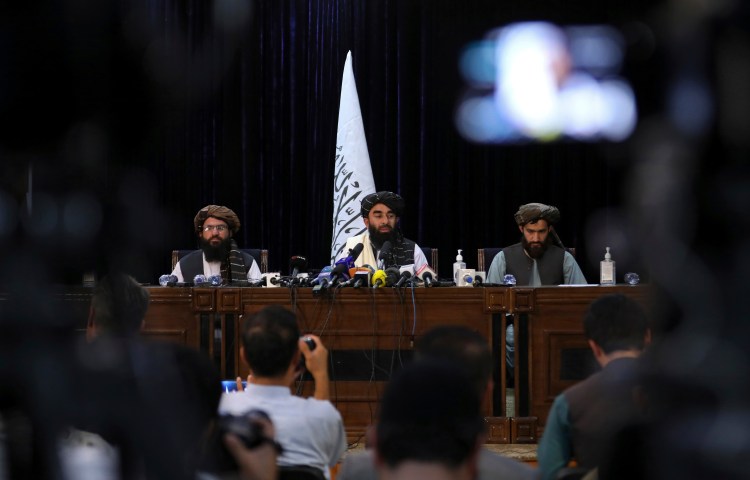
Afghan female journalist: I may not be alive by the time US can evacuate me
Steven Butler describes it as “mass panic.” As the Taliban seized control of Afghanistan, CPJ’s Asia program coordinator has been fielding “hundreds and hundreds” of daily pleas from journalists asking for help to flee the country. Butler, along with CPJ Asia research associate Sonali Dhawan and the organization’s Emergencies team, are now in the process…
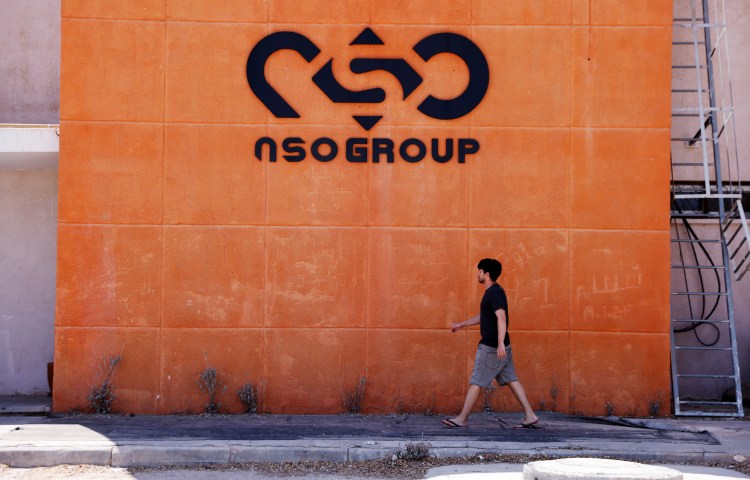
Pegasus Project revelations show added layer of risk for corruption reporters
Exposing those who abuse power for personal gain is a dangerous activity. Nearly 300 journalists killed for their work since CPJ started keeping records in 1992 covered corruption, either as their primary beat, or one of several. The risk was reaffirmed this month with the release of the Pegasus Project, collaborative reporting by 17 global…
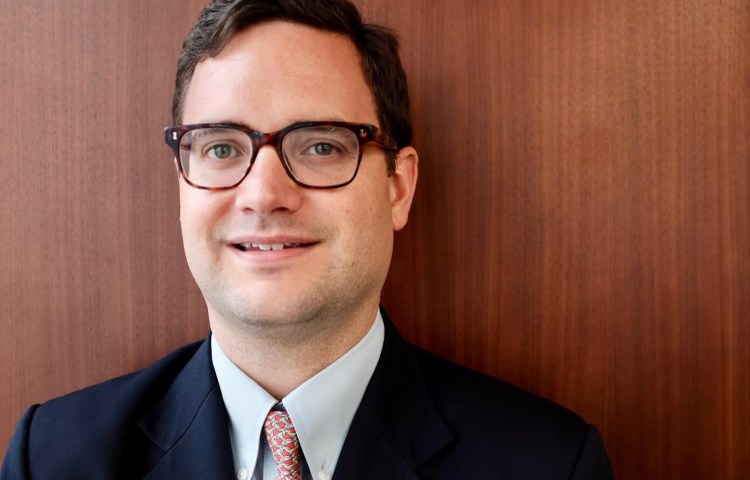
Investigative reporter Bradley Hope: Pegasus spyware revelations a ‘wake-up call for journalists’
Bradley Hope was in Abu Dhabi in 2009, the year the BlackBerry devices overheated. “If you put it next to your face it would almost burn,” he told CPJ in a phone interview. The BBC that year reported that a UAE telecom company had prompted local BlackBerry owners to install a rogue surveillance update disguised…

‘Fear and anxiety’ rules among local journalists, Hong Kong Journalists Association finds
The Hong Kong Journalists Association (HKJA) found that authorities use the national security law to silence journalists, systematically limit the media’s ability to access to public databases, and force public and private broadcasters to minimize their political content and, in the case of at least one public broadcaster, spread government propaganda in its annual report,…

CPJ, U.S. media organizations urge U.S. to provide visas to Afghans who worked with press
The Committee to Protect Journalists joined a coalition of U.S. news and press freedom organizations in joint letters to President Joseph Biden, Secretary of State Antony Blinken, and Congressional leadership asking the U.S. government to provide humanitarian assistance and emergency visas to Afghans who have worked with U.S. media outlets. In 2020, at least five journalists…
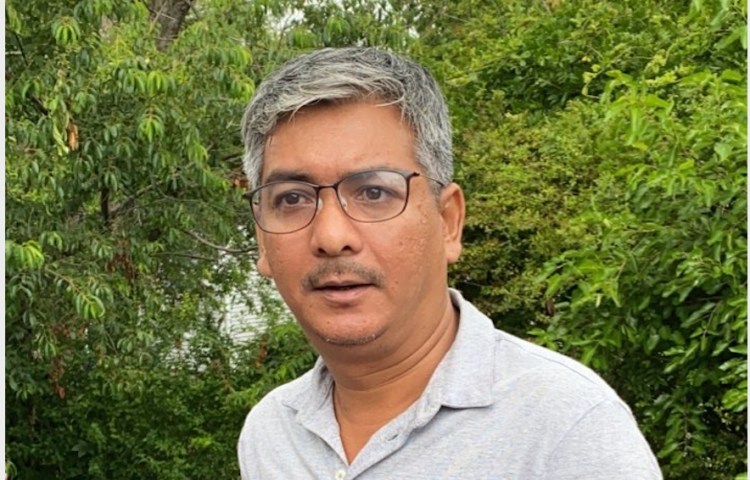
American journalist Nathan Maung describes alleged abuse during Myanmar imprisonment
When armed authorities raided the office of news website Kamayut Media in downtown Yangon, Myanmar on March 8, editor Nathan Maung’s initial reaction was to plead not to be shot. The American journalist and his Myanmar colleague Hanthar Nyein were arrested, blindfolded, and taken to a military interrogation center, where for more two weeks they were interrogated,…
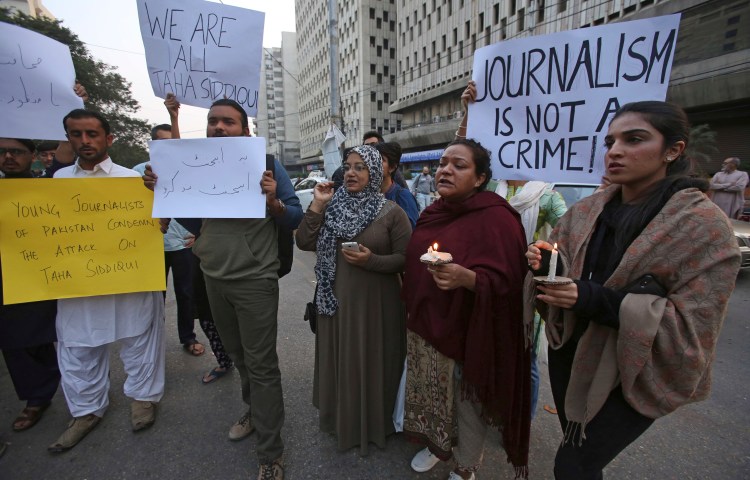
At-risk journalists who must flee home countries often find few quick and safe options
In 2018, journalist Mohammad Shubaat was in Daraa, Syria, caught between advancing forces aligned with Syrian President Bashar al-Assad and the closed borders of Israel and Jordan. Despite the dire threat to Shubaat and many of his colleagues, it would take over a year of intense negotiations with some 20 countries by the Committee to…